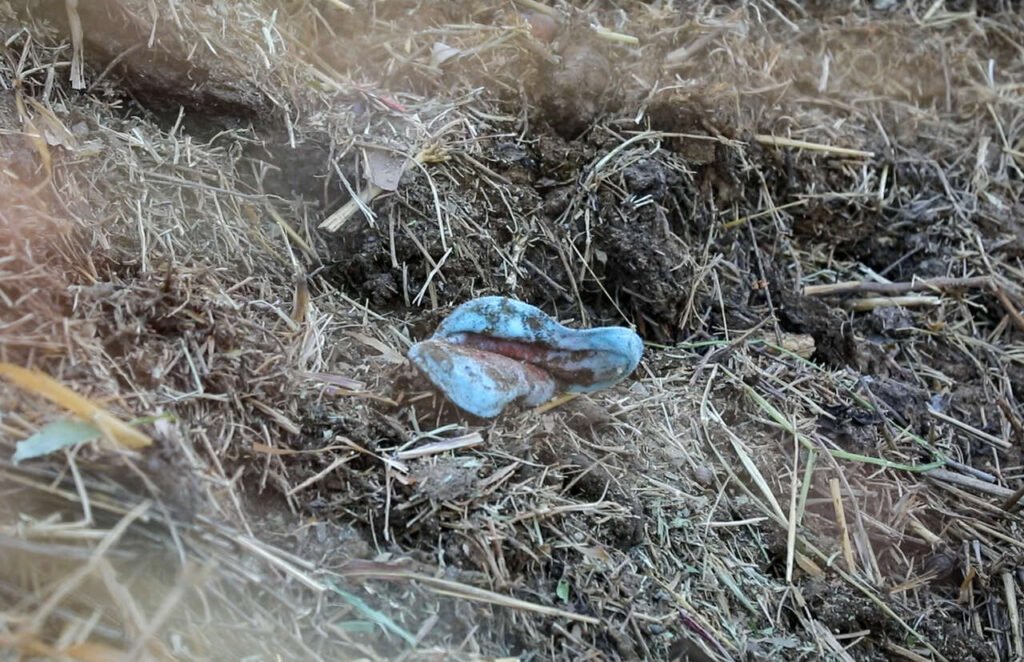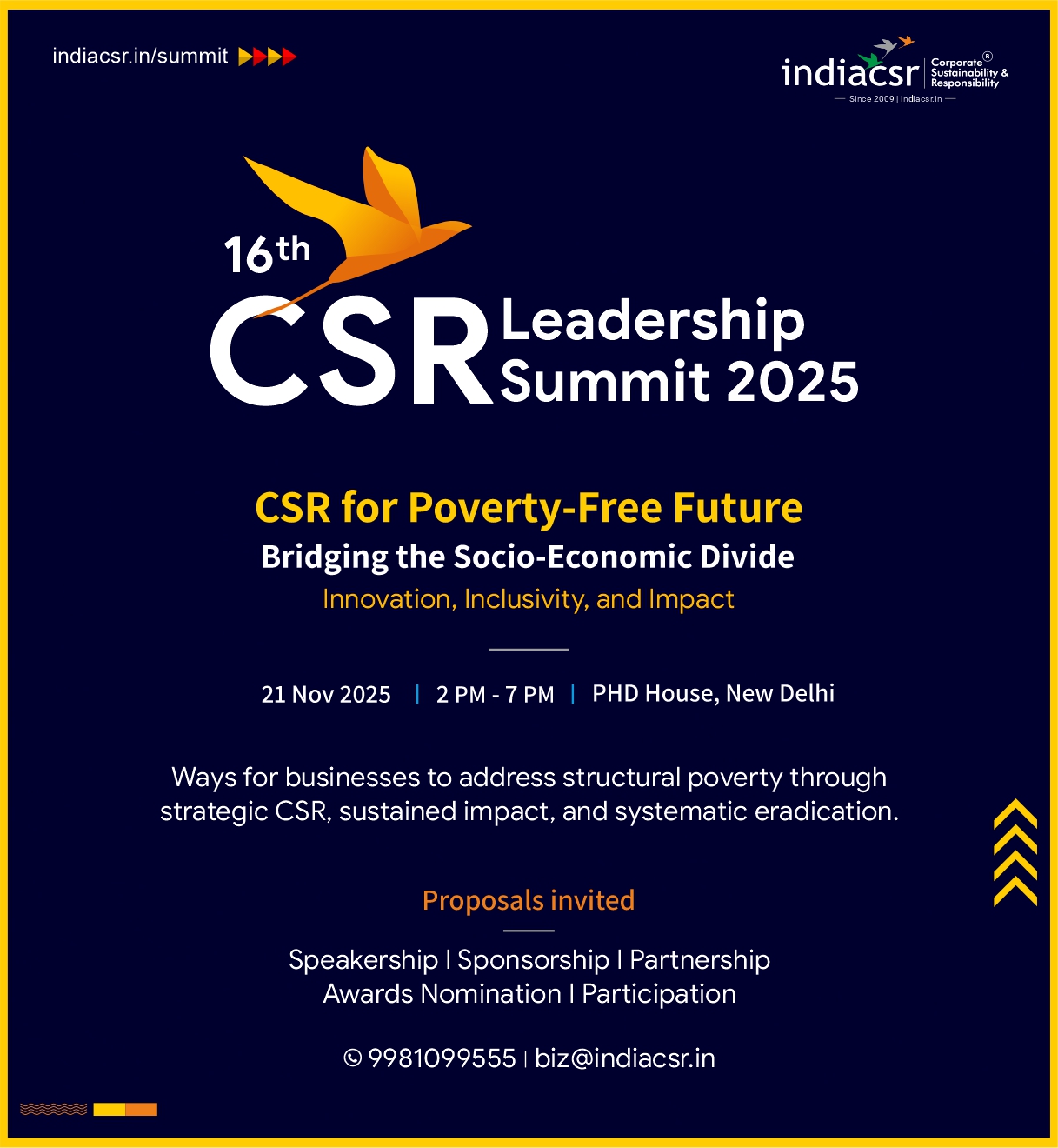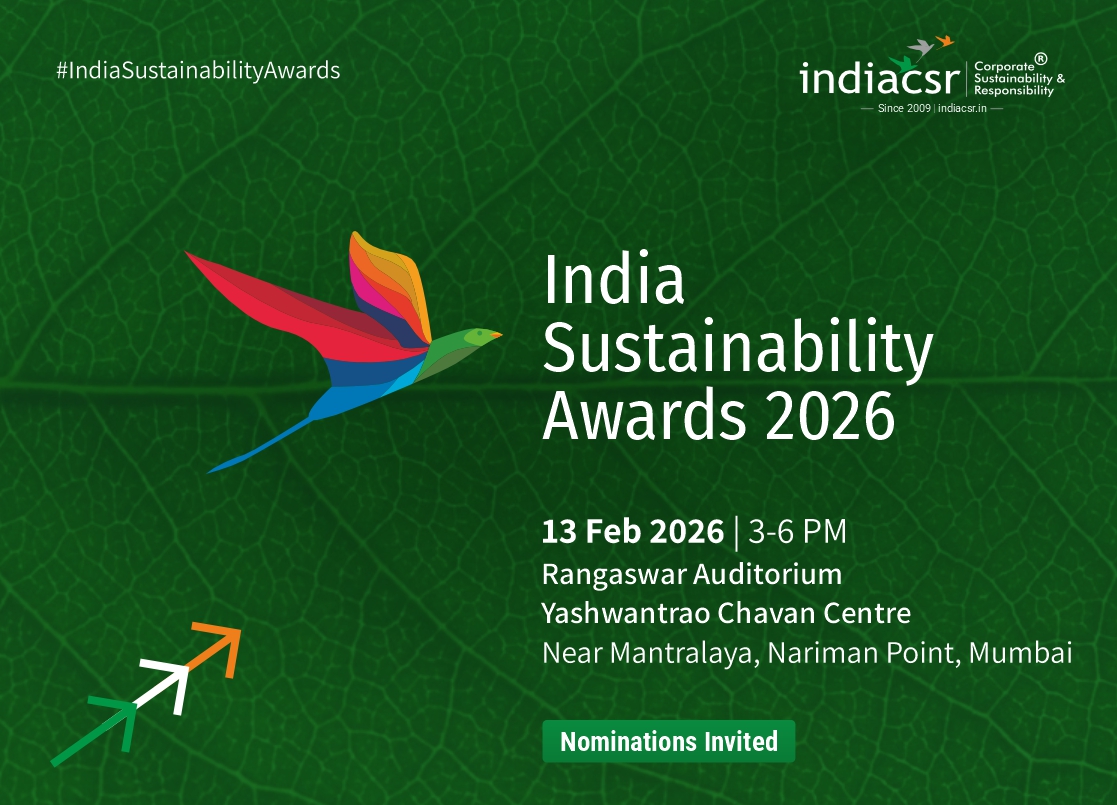Ahmedabad: In a bold move aimed at challenging the age-old taboos surrounding menstrual blood, a groundbreaking initiative has been launched to empower women and promote menstrual hygiene awareness.
Led by Geeta Solanki, Founder of Unipads, which makes affordable reusable cloth napkins to ensure menstrual hygiene and works to address taboos associated with menstruation, the project seeks to change the perception of menstrual blood as impure by showcasing its use as a natural fertiliser.
“Even in today’s age, there continues to be a taboo about menstruation and those who menstruate. Menstrual blood is still considered one of the most impure things in a house, not just in rural areas but even in cities. There are beliefs that menstrual blood can ruin food and that even its smell can turn milk sour. As a result, women in rural feel oppressed and hardly talk about periods, or ask for access to menstrual hygiene. Our initiative is to present menstrual blood in a new light using science,” says Ms. Solanki.

The initiative leverages scientific research demonstrating the nutrient-rich properties of menstrual blood, which can contribute to soil fertility and crop growth. By introducing used menstrual pads to compost pits known as “ukeda”, commonly found in rural households, the project aims to demonstrate the positive impact of menstrual blood on agricultural produce.
The initiative was implemented in Jamnagar and Devbhumi Dwarka in 2023, with used pads being disposed of in ukedas. The compost enriched with menstrual blood was used as fertiliser in farms. The initiative has been remarkably success with the first season of produce growth yielding a variety of vegetables, grains and pulses, including tomatoes, carrots, cucumbers, fenugreek, cumin, rajma, chana, and wheat.

“We have demonstrated that rather than spoiling the food, menstrual blood can help grow it. This is the best way to dispel any taboos or misconceptions from society,” Ms. Solanki said.
The activity was undertaken to spark conversations in villages around menstrual blood, empowering women to demand access to period hygiene products, and protecting themselves from various diseases.

As a part of the initiative, Unipads is organising an event where the menu will feature the produce grown using menstrual blood fertiliser. initiative aims to facilitate open discussion and support in doing away with prevailing taboos surrounding menstrual blood and food.
According to research, blood contains essential plant micronutrients – nitrogen, phosphorus, and potassium – making it a valuable resource for sustainable agriculture.

In 2022, Unipads undertook a campaign to address the taboo associated with women cooking during their menstruating days. Unipads launched a limited pop-up restaurant with the name Adeli and collaborated with women chefs, helps, and servers going through their menstruation days to run it. Influential community members, change-makers and activists were invited to dine at Adeli and become a part of the change.








